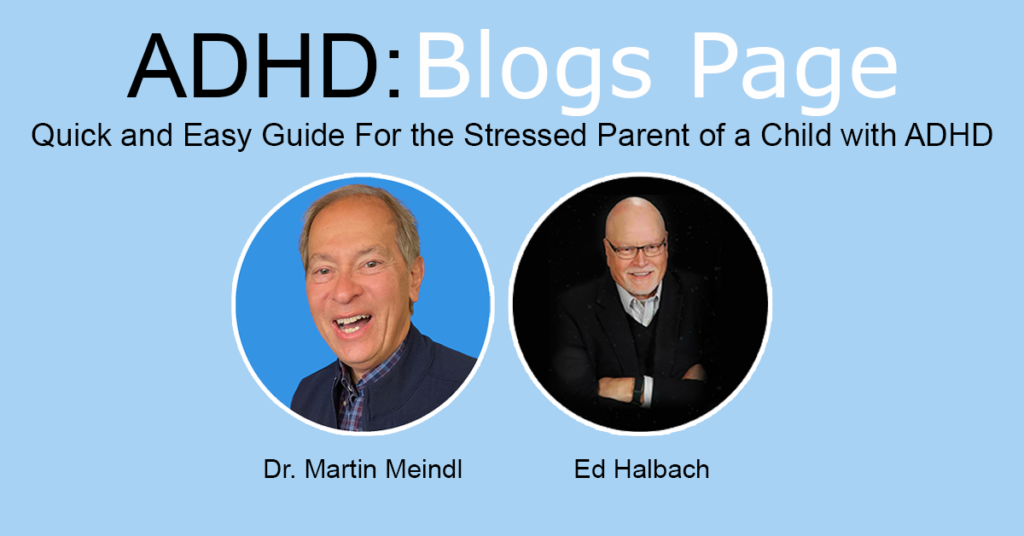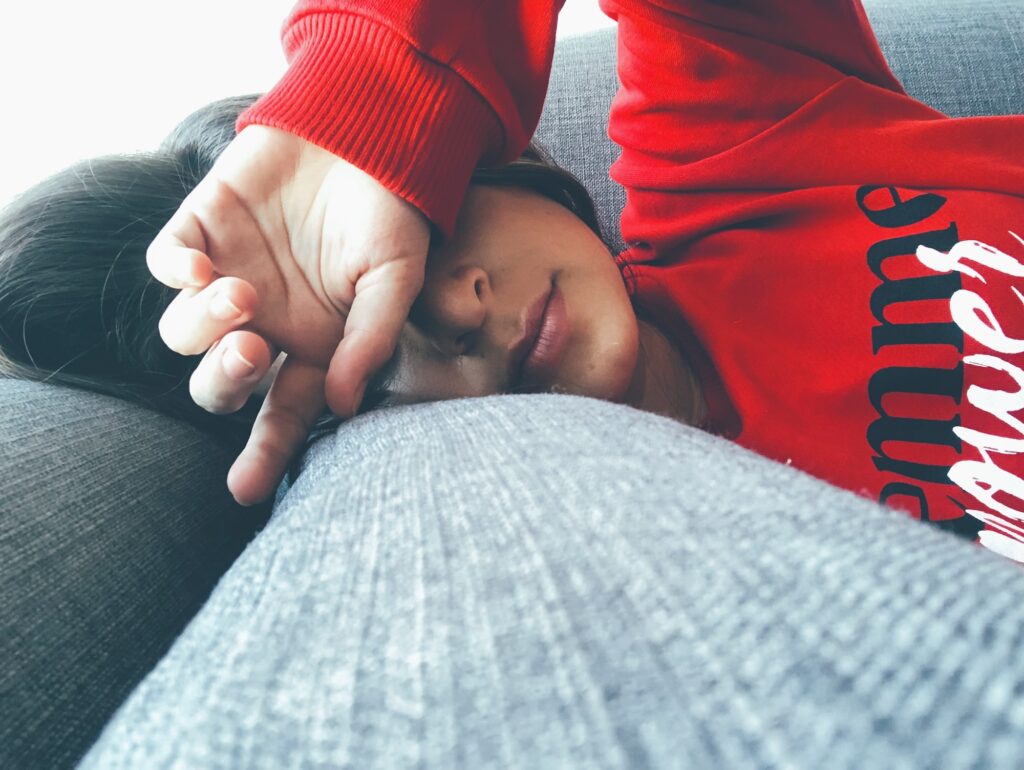Along with traditional treatment or as an alternative treatment, supplements can provide support for your child with ADHD.
A Guide for Children with ADHD
Therapy, such as Parent Child Interactive Therapy (PCIT), Cognitive Behavioral Therapy (CBT), and others, is my number one recommendation for children with behavioral issues. My next preferred treatment is stimulant medication, which is effective for 75% of children with ADHD. And, the combination of therapy and stimulant medication is even better. However, for various reasons, not everyone is comfortable with conventional treatments. Or, they have tried one or more of the conventional treatments and found them not to work for their child. In addition, there are some situations, for example, irregular heart rhythms or substance use disorder in the family, where it may not be appropriate to introduce stimulants into the family. For whatever reason, if you wish to have an alternative treatment, supplements along with therapy have been shown to improve symptoms of ADHD.
For Inattention:
#1: Give your child magnesium glycinate*:
- Adolescents (13 and older): 200mg, twice daily
- Children (10 to 12 years): 100 mg, twice daily
- Children (6 to 9 years): 50 mg, twice daily
* Magnesium glycinate is readily absorbed and is gentle on the stomach compared to other forms of magnesium, however, it can cause nausea, diarrhea, and abdominal cramping in some children. Magnesium works gradually. It can take up to 3 months to show improvement in attention, sleep problems, and anxiety.

#2: Accompany the magnesium with vitamin B6, which improves the cellular use of magnesium:
- Adolescents (13 and older): 50 mg, daily
- Children (7 to 12 years): 25 mg daily

#3: CurcumaSorb Mind from Pure Encapsulations (available at WalMart) or Isotonix OPC (available from Amazon).
Ingredients and intended purpose:
Curcumin and polyphenol blend to support memory and sharpness.
Polyphenols may also offer relaxation support for occasional stress and mental alertness.
- One pill with breakfast and one pill with dinner.
- 70% dark chocolate or hot chocolate made with dark chocolate cocoa powder may benefit mood and alertness.
For Irritability, Anger, Aggression, Hyperactivity, and Impulsivity:
#1: Several situations suggest that nutritional (low dose) lithium may be helpful for your child’s behavior:
- Irritability, anger, aggression, hyperactivity, and impulsivity.
- Family history of substance abuse, bipolar disorder, depression, or suicide.
#2: Nutritional lithium orotate:
- Ages 16 years and older: 1 mg with breakfast and at bedtime.
- Ages 6 to 15 years: Start with 500 mcg daily for one week. After one week give 500 mcg with breakfast and dinner.
#3: If you are using liquid form of lithium from KAL (available on Amazon) the following applies:
15 drops provide 1 mg.
2 drops provide 500 mcg.

#4: If there is no improvement in behavior after three months, discontinue the supplement.
Another option that combines both Magnesium and Lithium for those dealing with Inattention and Hyperactivity/Impulsivity or mood issues:
Ionic Liquid Lithium Drops (available on Amazon):
I ml provides 100 mg of magnesium and 500 mcg of lithium.
2 ml provides 200 mg of magnesium and 1 mg of lithium.

Research has shown that children with ADHD have lower levels of Zinc than children without ADHD.
1#: These are some of the signs that your child may have low zinc levels:
- Stimulant medications didn’t work or aggravate symptoms.
- Your drinking water is high in copper.
- Your child is a picky eater.
- Your child has digestive problems.
- Your child is a vegetarian or vegan.
- Your child has allergies.
- Your child has sleeping problems.
- Your child was overactive and has sleeping problems as an infant.
- Your child has started puberty.
- Your child is under stress.
- Your child is a competitive athlete, with frequent practices and games.
- Your child has anorexia.
2#: Suggested dosages for zinc picolinate supplementation:
- Adolescents (12 and older): 30 mg twice daily with meals.
- Children 6 to 11 years old): 15 mg twice daily with meals

3#: It may take up to three to four months to restore zinc to a proper level. If symptoms are improved, discontinue the zinc supplement, and give a multivitamin/mineral supplement with 15 mg of zinc.
4#: Rarely irritability, hyperactivity, headache, or stomachache may develop. If so, stop the zinc for a few days until the symptoms resolve. Then restart the zinc but only once daily. If symptoms do not return after 3 weeks, increase the dose back to twice daily.
Omega-3 deficiency is also common in children. Supplementation has been shown to decrease inattention, hyperactivity, moodiness, and aggression. 1-2 grams per day with food is recommended. Be aware that Omega-3 works slowly. But with consistent use, improvement in symptoms should occur within 3 to 6 months

Safety
I am not endorsing any of the products listed above. I provide them for illustration only. When researching this information on supplements, I found it hard to find products that exactly matched the recommended dosages. However, with the help of my pharmacist, I was able to locate these products that are highly rated. Therefore, I have provided these to ease your search for supplements.
Although supplements rarely have side effects, you should stop them if you notice any adverse symptoms. In addition, there are some conditions that might theoretically contraindicate a particular supplement. Before utilizing any of the supplements outlined above, you should consult your medical provider, who is the best individual to advise you on your child’s own unique needs.



